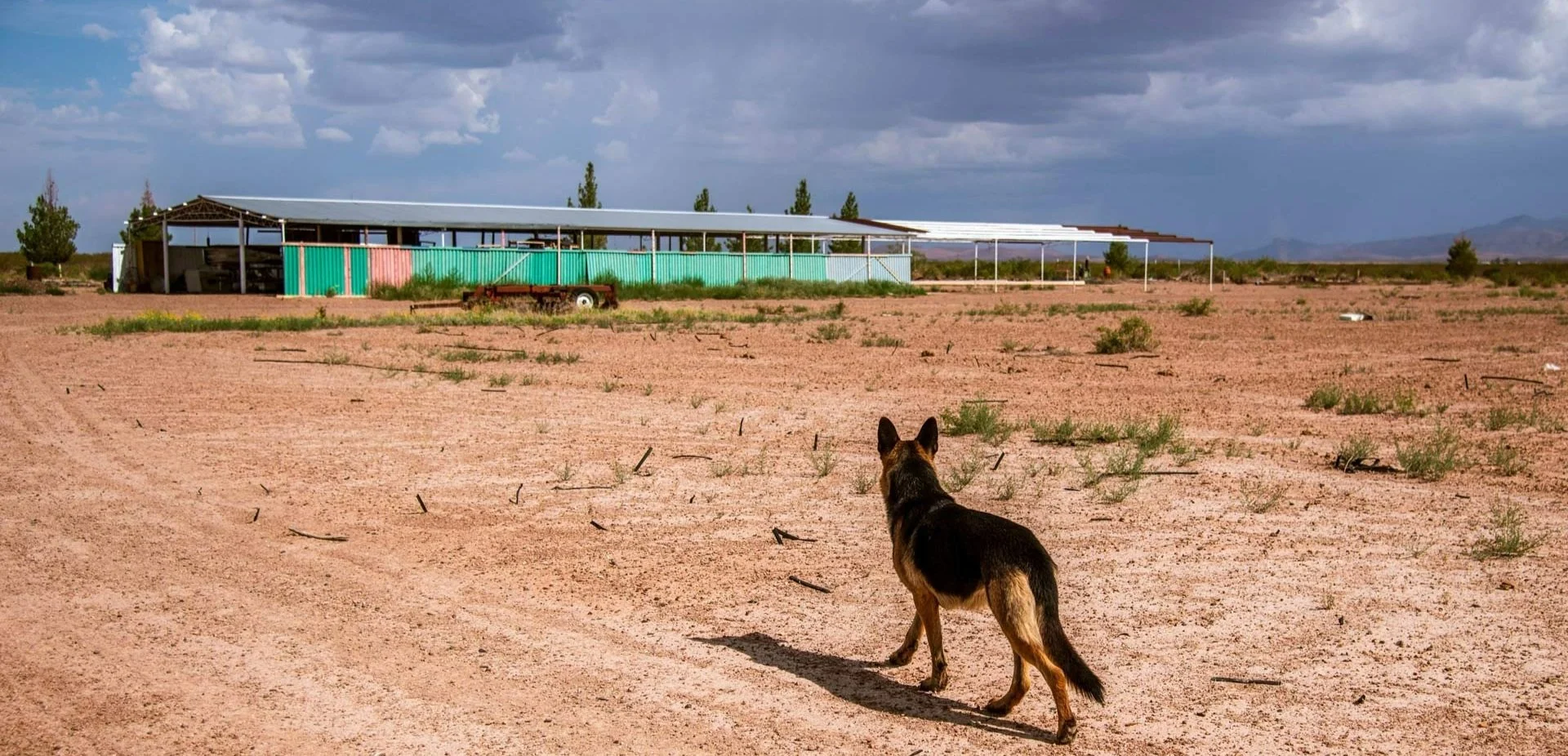Selected Audio & Writing
Writing
Colonias: The canary in the water security coal mine (txH2O). As climate change leads to increased drought and disrupts water infrastructure systems, experts say it’s imperative to understand and address water insecurity in Texas.
Storms, saltwater, sewage and air: Finding freshwater in a changing world (txH2O). Researchers are looking to unexpected sources to solve the problem of not having enough freshwater where and when it’s needed.
Soaking up rising floodwaters in growing cities (Conservation Matters). Land use changes and climate change are making the flood mitigation equation worse. Protecting cities will require adding up multiscale solutions.
Salinity along the Rio Grande: Changing the agricultural landscape (txH2O). In South and West Texas, agriculture is made possible by irrigation from the Rio Grande. In recent years, the river and soil have been getting dryer and saltier. For agriculture to keep up, researchers say that something needs to change.
How to the Rio Grande came to be (txH2O). Thirty-five million years ago, the Rio Grande began forming in a region that would become home to millions of people. The past century of land changing hands, water management, and infrastructure development have created the Rio Grande we know today. What comes next is an environmental reckoning.
How to understand a hurricane forecast (Conservation Matters). Measuring hurricane risks — and understanding what those risks mean for the public — is complicated. Here’s a place to start.
Water competition and cooperation at the crossroads (txH2O). With less water available and more water being used, competition on the Rio Grande is getting trickier.
Pervasive problem (txH2O). Texas researchers are taking on the task of removing long-lasting PFAS from the environment.
How to build over 4,000 acres of wetlands from scratch (Conservation Matters). In the face of increasing droughts, 3.8 million people and counting will need more drinking water in North Texas. Water districts have built wetlands to help.
Educating in an emergency (CVMBS News). The Texas A&M Veterinary Emergency Team serves the state through response, but also through its outreach efforts, dedicating a portion of its resources to traveling across Texas to help communities develop their own disaster preparedness plans.
Audio
Making better climate activism: it’s going to take everybody (Climate Decoded). How do we ensure climate activism moves the needle on climate change – and how do we do it without losing hope?
Climate anxiety: feeling our way towards climate solutions (Climate Decoded). The way the world talks and thinks about climate anxiety directly affects how we act on climate change. Working through these feelings requires changing the conversation.
Environmental Defenders: Caretakers of Our Future (Climate Decoded). Environmental defenders — who work on the frontlines of climate change — face multiple dangers, legal and lethal. That needs to change.
The water diplomats (Arizona Public Media). Many communities along the U.S.-Mexico border share aquifers, and that works better for some states and cities than others.
Well-behaved cicadas, messy symbionts (American Genetic Association). The genomes of cicadas and their symbionts provide clues about the evolution of mitochondria.
Saxophone soundscapes (Center for Documentary Studies at Duke University). Serena Wiley, a North Carolina-based saxophonist and poet, connects to spirituality and family through the music of J Dilla, John Coltrane, car turn signals, and passing trains.
A hunter’s wallet lost, and found 40 years later in Sitka (Alaska Public Media). The tale of finding a 40-year-old wallet in a rockslide in the mountains of Alaska — and then finding and befriending the owner.
Fish biologist spawns new career in education (KCAW). The Alaska Association of School Boards’s Lon Garrison knows a thing or two about rearing young creatures, after spending 30 years working at Alaskan salmon hatcheries.
Matter of Fact (KCAW). A limited weekly science & language radio series teaching listeners about fauna of the Gulf of Alaska in English and Tlingit.

